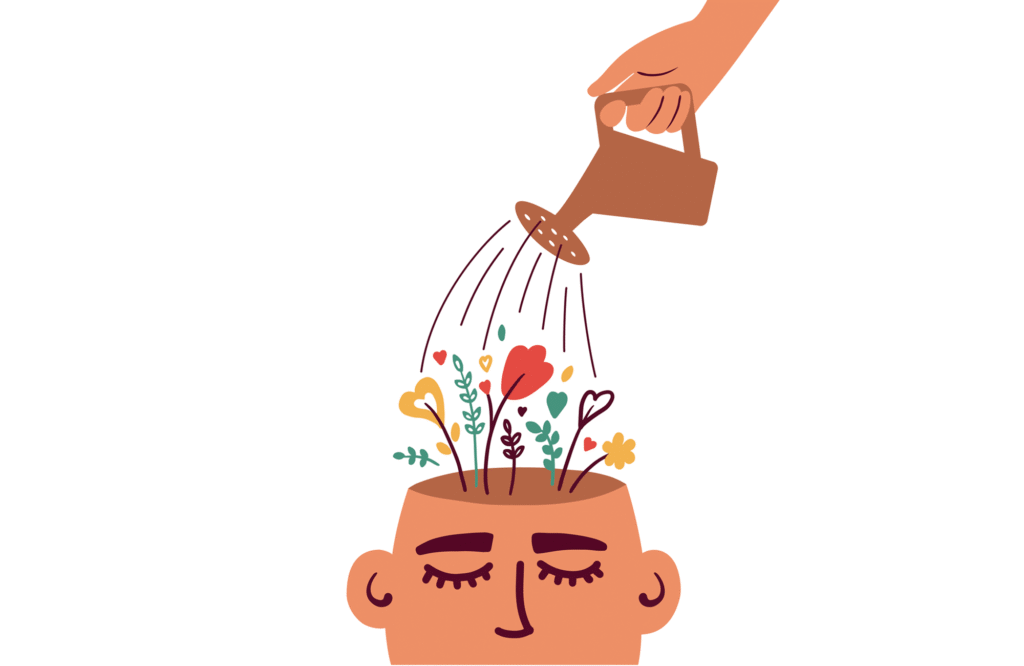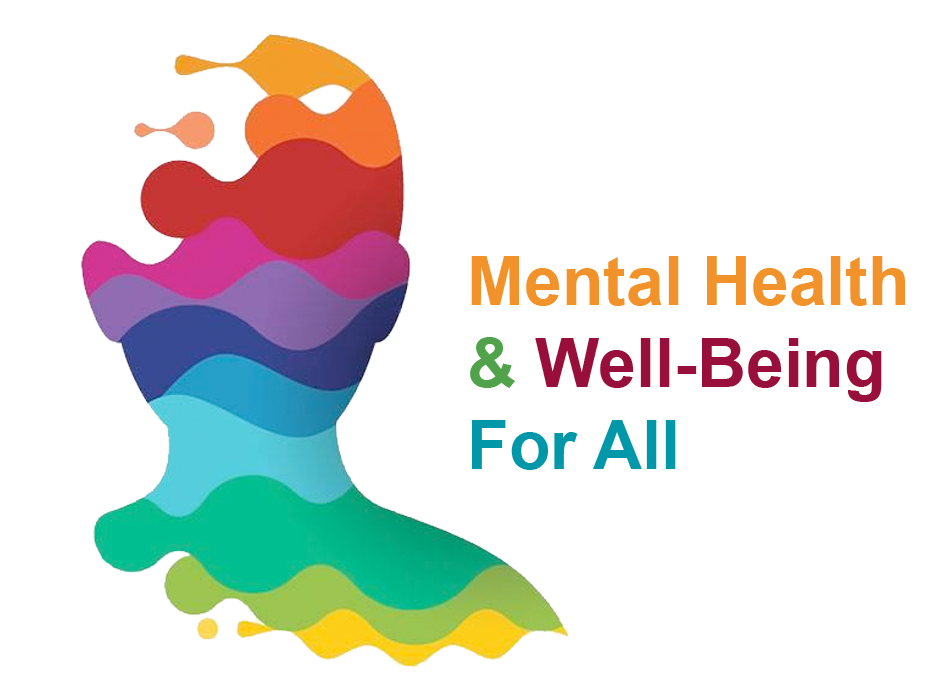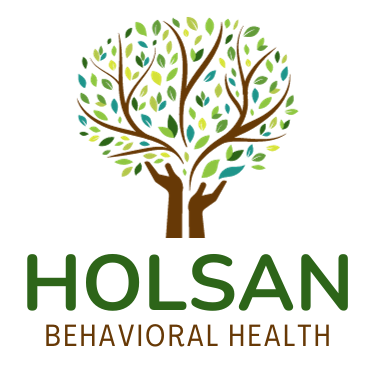In today’s fast-paced, high-stress world, conversations about mental health have never been more important. From anxiety and depression to trauma and bipolar disorder, mental health issues touch every corner of society — regardless of age, race, gender, or background. And yet, despite the growing awareness, stigma and misunderstanding still prevent many from seeking the help they need.
What is mental health?
Mental health is more than just the absence of mental illness. It encompasses emotional, psychological, and social well-being. It affects how we think, feel, and act. It influences how we handle stress, relate to others, and make choices. Just as physical health fluctuates throughout life, so too does mental health — and maintaining it requires attention and care.
Poor mental health can impact every area of life: relationships, work, school, sleep, and even physical health. That’s why recognizing the early signs of struggle is essential.

Common mental Health Conditions
Some of the most common mental health disorders include:
- Depression: Characterized by persistent sadness, lack of interest or pleasure, fatigue, and changes in appetite or sleep.
- Anxiety Disorders: These include generalized anxiety disorder, panic disorder, and phobias. Symptoms may involve excessive worry, restlessness, and physical symptoms like rapid heart rate.
- Bipolar Disorder: Marked by extreme mood swings from highs (mania) to lows (depression).
- Post-Traumatic Stress Disorder (PTSD): Can occur after experiencing or witnessing a traumatic event, with symptoms like flashbacks, nightmares, and heightened anxiety.
- Obsessive-Compulsive Disorder (OCD): Involves intrusive thoughts (obsessions) and repetitive behaviors (compulsions).
These conditions are medical in nature — not personal failings. They can be treated effectively with the right combination of therapy, medication, support, and lifestyle changes.

BREAKING THE STIGMA
Stigma remains one of the biggest barriers to mental health care. Many people feel ashamed to admit they’re struggling, fearing judgment or discrimination. But mental illness is incredibly common. According to the World Health Organization, one in eight people globally lives with a mental disorder.
Talking openly about mental health helps normalize it. The more we understand and discuss these issues, the more we create an environment where people feel safe to seek help without shame.
TAKING CARE OF YOUR MENTAL HEALTH
Just as we exercise and eat well to maintain physical health, there are steps we can take to protect our mental well-being:
- Stay Connected: Strong social support is a key factor in mental resilience. Spend time with loved ones and talk about how you’re feeling.
- Prioritize Sleep: Poor sleep can worsen mental health, while consistent, quality rest improves emotional regulation and stress tolerance.
- Practice Mindfulness: Techniques like meditation, deep breathing, or journaling can reduce anxiety and promote calm.
- Stay Active: Regular physical activity releases endorphins and improves mood.
- Seek Professional Help When Needed: Therapists, counselors, and psychiatrists are trained to help people navigate emotional and psychological challenges.
The Role of Compassion
Whether you’re supporting a friend or family member, or simply educating yourself, compassion is key. Try to listen without judgment, validate their feelings, and encourage professional support when appropriate.
Self-compassion, a concept popularized by Dr. Kristin Neff, involves treating oneself with the same kindness, concern, and support we would offer a good friend. It consists of three main components:
- Self-Kindness vs. Self-Judgment: Being warm and understanding toward ourselves when we suffer, fail, or feel inadequate, rather than ignoring our pain or being overly self-critical.
- Common Humanity vs. Isolation: Recognizing that suffering and personal inadequacy are part of the shared human experience – something we all go through, rather than feeling isolated by our imperfections.
- Mindfulness vs. Over-Identification: Holding our painful thoughts and feelings in balanced awareness, rather than letting them dominate our lives or suppressing them.
WHAT DO WE DO AT HOLSAN BEHAVIORAL HEALTH TO SUPPORT YOU?
We aim to empower you to achieve optimal mental health and lead a fulfilling life. We understand the importance of mental well-being in overall health and strive to create a safe and inclusive space for our clients to explore their unique challenges and celebrate their triumphs.
REFERENCES
- Holsan Behavioral Health holsanbh.com
- Mayo Clinic

